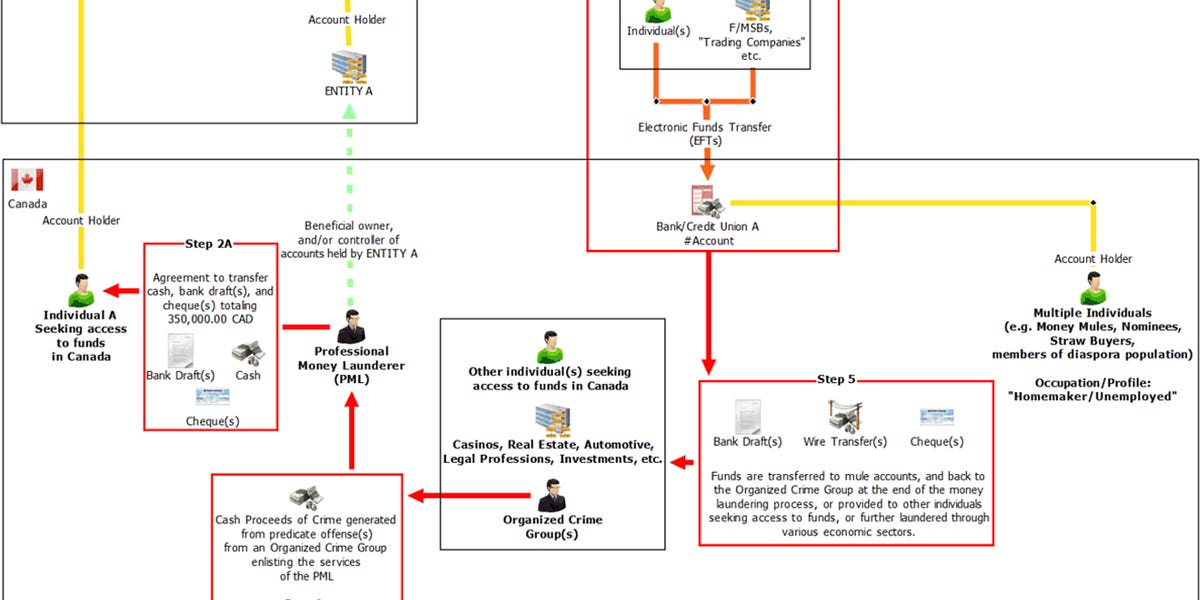The jury's still out...
The Long Tail of China’s Zero-COVID Policy
As the costs of China’s pandemic experience are tallied, younger generations are confronting a disconcerting new reality.
SUMMARY Although it has been almost a year since China rescinded its strict zero-COVID policy and allowed normal economic activity to resume, the costs of the country’s pandemic experience are still being tallied. As job and pay cuts continue alongside slowing economic growth, younger generations are confronting a disconcerting new reality.
For three years, China’s zero-COVID policy consistently received high-profile media coverage from the Chinese and the international press. During the first phase of the pandemic, China’s mass mobilization of resources and strict region-wide lockdowns were
seen as
highly effective—a
testament to the advantages of autocratic power. But after vaccines arrived and Western countries resumed normal economic activities, China’s ongoing restrictions became a source of
growing concern.
Then, when the restrictions were finally
lifted in late 2022, the press coverage dissipated, and the official Chinese position was silence. Just as the Chinese people were starting to regain their economic footing and reckon with the emotional fallout of the previous three years, the world stopped paying attention.
Yet the legacy of zero-COVID will not soon be forgotten. For three years, nearly every city was under various forms of lockdown, with as many as
370 million people isolated in their homes at the policy’s peak. Shanghai, China’s economic hub, was among the cities subjected to the most severe lockdowns. When it was shuttered for two months in 2022, economists
worried that national GDP would fall by several percentage points.
Today, the pain is felt more broadly, with remuneration and jobs being cut across the urban economy. Salaries in typically high-paying tech and finance jobs have been
slashed by 40 percent, and even civil-service jobs, which pay less but are considered more stable, are experiencing substantial pay cuts. Such reductions are especially painful in a country with an already low baseline income level. In 2022, urban China’s median per capita disposable income (after taxes) was
$6,224, compared with
$55,832 in the United States. (Of course, prices are higher in the U.S., but not by a factor of 8.97.)
Worse, the mass layoffs that started in the Chinese tech sector in 2021 have increased over time, with more than
200,000 tech jobs eliminated just between July 2021 and March 2022. And that figure does not account for the knock-on effects in closely connected sectors such as finance or law, let alone the broader effect on consumption and wealth accumulation, where these jobs have a disproportionally large impact.
China’s much poorer rural areas have arguably suffered even more. In 2022, rural per capita disposable income was a mere
$2,777. Generally, rural households supplement their agricultural income by working as migrant laborers in cities, opening their hometowns to tourists from urban areas or abroad, and selling high-value commodities like tea or flowers in urban markets. But during the zero-COVID period, rural villages were cut off from urban markets and tourists, leaving their inhabitants to eke out a livelihood as subsistence farmers.

www.theglobeandmail.com






